Former President Olusegun Obasanjo has expressed concern over the lingering challenges Nigeria faces, attributing many of the issues to the country’s political structure at independence. Speaking on Tuesday in Abeokuta while hosting the Mallam Ibrahim Shekarau-led League of Northern Democrats, Obasanjo offered a historical perspective on how Nigeria’s regional structure has shaped the nation’s political landscape.
Obasanjo highlighted that Nigeria’s independence in 1960 came with a unique political setup. Unlike many African countries that had a single head of state, Nigeria was governed by three regional leaders, representing the North, West, and East. According to the former president, this three-leader structure created a deep-rooted regionalism that has continued to affect Nigeria’s politics to this day.
“Anytime I hear North, West, East; I feel frightened, and that is my honest opinion,” Obasanjo said, reflecting on how regionalism has contributed to the political and social divisions within the country. He believes that the insistence on regional representation in leadership positions has led to a persistent focus on ethnic and regional interests, often at the expense of national unity.
The former president also pointed out that at the time of independence, Nigeria essentially put “three countries into one.” The amalgamation of these regions, each with distinct political and cultural identities, created tensions that still echo in the present day. Obasanjo suggested that the legacy of this arrangement has made it difficult for the country to move beyond regionalism and foster true national cohesion.
Mallam Ibrahim Shekarau, former governor of Kano State and chairman of the League of Northern Democrats, emphasized that their visit to Obasanjo was to seek his insights on how to better contribute to Nigeria’s political decision-making processes and the pursuit of national unity. The League, a non-partisan body, aims to bring together influential figures from different regions to engage in cross-fertilization of ideas and work toward the country’s development.
As Nigeria continues to grapple with regionalism and its effects, Obasanjo’s reflection on the past serves as a reminder of the challenges inherent in balancing regional identities within a unified nation. His remarks call for a re-examination of how Nigeria’s political structure can be reformed to promote greater unity and national progress.

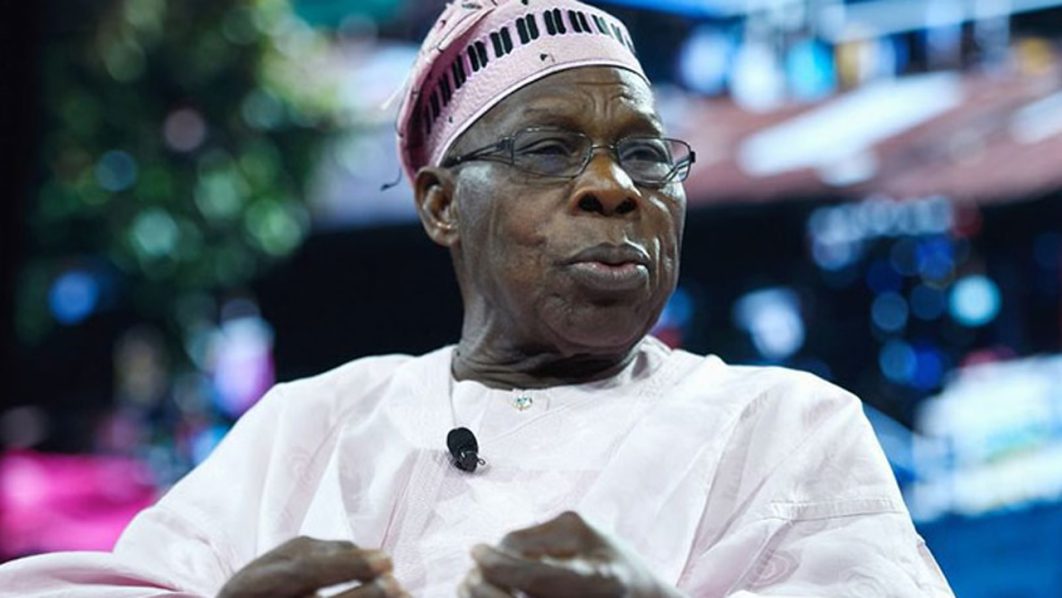
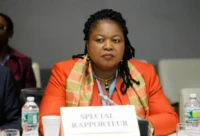

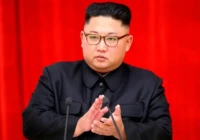
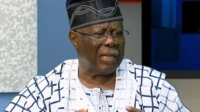
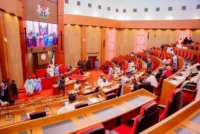

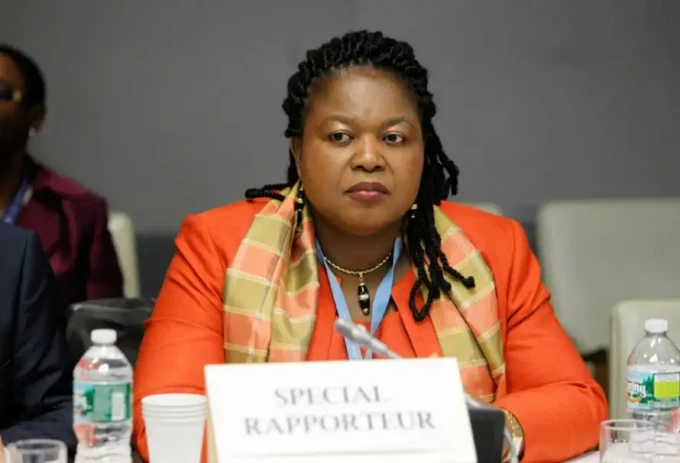
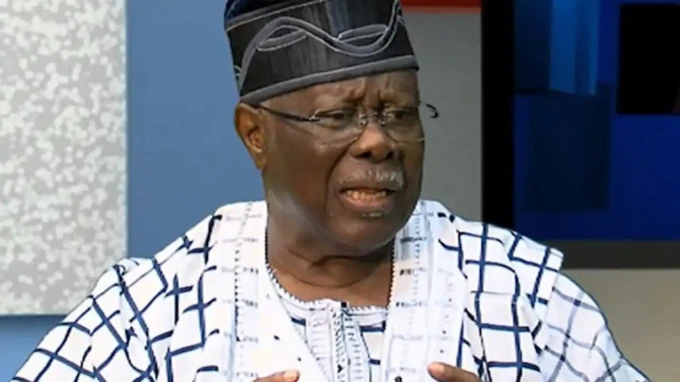

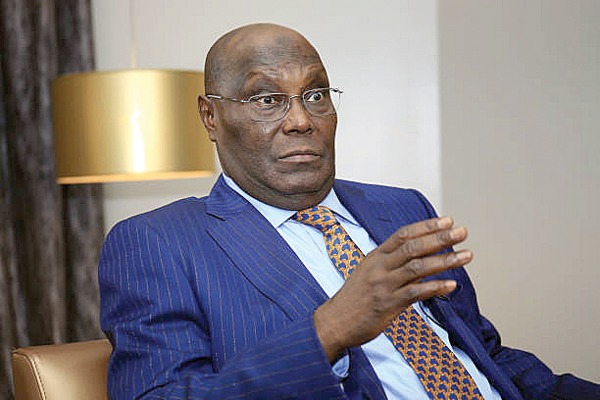
I think regionalism in Nigeria is a good thing! Diversity should be celebrated, not suppressed. Let every region thrive independently!
I think regionalism in Nigeria is actually a good thing, it helps preserve cultural diversity and identity. What do you guys think?
I think regionalism in Nigeria isnt all bad. It fosters diversity and local autonomy. Embrace the differences!
I think regionalism is actually a good thing for Nigeria! It helps preserve cultural diversity and fosters healthy competition.
I think regionalism is a good thing for Nigeria! It helps preserve diverse cultures and identities. Unity doesnt mean uniformity.
I still think regionalism is relevant today. Why not let each region govern itself independently? #controversialopinions #NigeriaIndependence
Each region governing itself could lead to more division and conflict. Unity is crucial. #NigeriaIndependence
I think regionalism in Nigeria is actually a good thing. It helps preserve cultural diversity and fosters local empowerment.
I think regionalism in Nigeria isnt all bad. It helps preserve cultural identities and fosters healthy competition. What do you think?
I think regionalism in Nigeria is a good thing! It helps preserve cultural diversity and fosters a sense of identity.
Regionalism can also lead to division and conflict. Unity should be prioritized over division.
I think regionalism is holding Nigeria back. We need to unite as one nation to truly progress. Time to let go of old divisions!
I think regionalism in Nigeria is necessary for cultural preservation and autonomy. Unity doesnt always mean uniformity!
I think its time for Nigeria to consider breaking up into smaller, more manageable regions. Unity may not always be the answer.
I think regionalism in Nigeria is actually a good thing! It helps preserve unique cultural identities and promotes diversity.
I think its time to revisit the idea of regionalism in Nigeria. Maybe its not all bad? Lets have an open discussion about it.
I believe regionalism in Nigeria post-independence still shapes politics and development. Whats your take on this? Lets discuss!
Do you think regionalism in Nigeria is a barrier to national unity or a celebration of diversity? Share your thoughts!
I believe regionalism is a double-edged sword in Nigeria post-independence. It fosters diversity but also hinders national unity. What do you think?
Do you think regionalism in Nigeria is a blessing or a curse post-independence? Im torn on its impact. Share your thoughts!
Isnt it crazy how regionalism still affects Nigerias unity post-independence? What do you think can help bridge these divides?